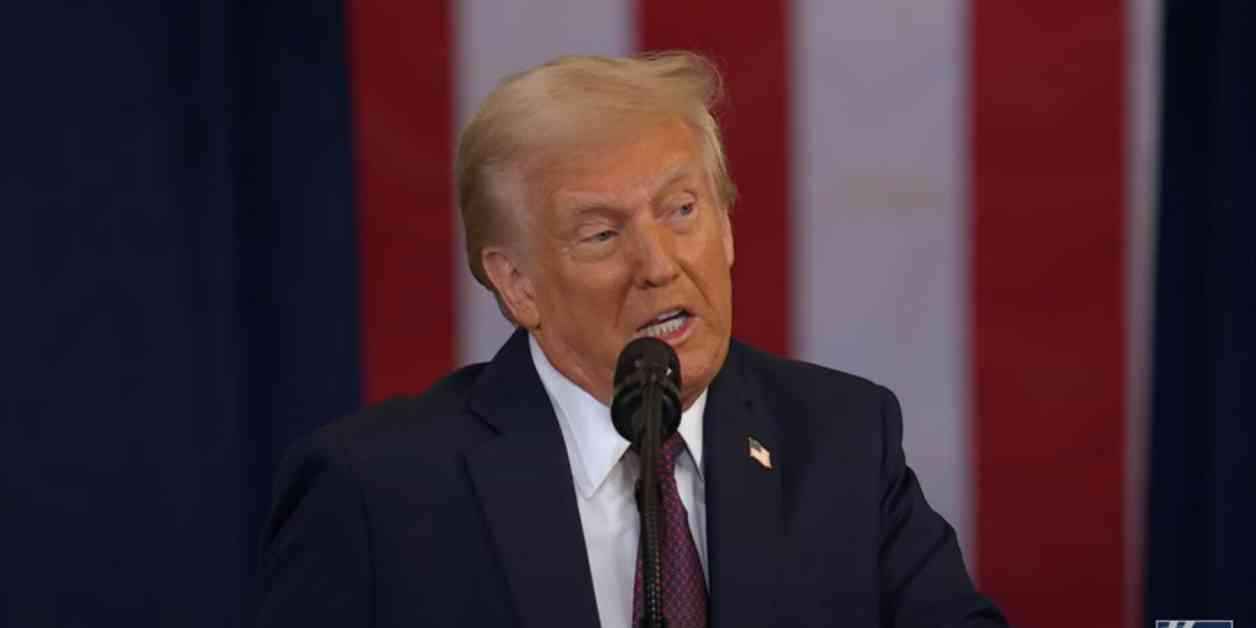President Donald Trump has proposed a “nuclear peace agreement” with Iran, urging the country to engage in negotiations with the United States. This move comes amidst escalating tensions and fears of a potential military conflict in the region. Trump made the announcement on social media, emphasizing the importance of preventing Iran from obtaining a nuclear weapon while expressing a desire for Iran to thrive as a nation.
The president’s call for peace talks follows a meeting with Israeli Prime Minister Benjamin Netanyahu, where Trump also commented on the U.S. potentially assuming control of the Gaza Strip. These statements have sparked mixed reactions from various parties, with Hamas criticizing Trump’s remarks and reaffirming their control over the territory.
Trump’s Vision for Nuclear Peace
In his message, President Trump emphasized the need for a verified nuclear peace agreement between the U.S. and Iran. He expressed a vision of Iran as a successful country that is free from the threat of nuclear weapons. This proposal marks a significant shift in the approach to diplomatic relations with Iran, which have been strained in recent years.
By advocating for negotiations over military action, Trump is positioning the U.S. as a proponent of peaceful resolutions to international conflicts. His call for a Middle East celebration upon the signing of the agreement reflects a desire for unity and cooperation in the region. This approach has the potential to de-escalate tensions and foster a more stable environment in the Middle East.
Reactions and Responses
Following Trump’s statements, reactions from various parties have been swift and diverse. Israeli Prime Minister Netanyahu praised Trump’s unconventional thinking and willingness to explore alternative solutions to complex issues. However, Hamas issued a statement condemning Trump’s remarks regarding the Gaza Strip, highlighting the challenges and complexities of the situation.
The differing responses to Trump’s proposals underscore the delicate balance of power and interests in the region. As tensions continue to simmer, the need for constructive dialogue and diplomatic engagement remains crucial. The role of key stakeholders, including the U.S., Iran, Israel, and other regional actors, will be instrumental in shaping the future trajectory of relations in the Middle East.
As the situation unfolds, expert analysis and insights will be critical in understanding the implications of Trump’s proposals and their potential impact on regional dynamics. The complex interplay of political, security, and economic factors will require careful navigation and strategic decision-making by all parties involved.
President Donald Trump’s call for a “nuclear peace agreement” with Iran represents a significant development in U.S. foreign policy and regional diplomacy. The path forward remains uncertain, but the potential for dialogue and negotiation offers a glimmer of hope amidst escalating tensions. As the world watches closely, the outcome of these efforts will shape the future of relations in the Middle East and beyond.


